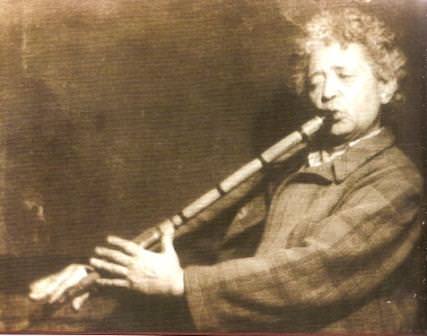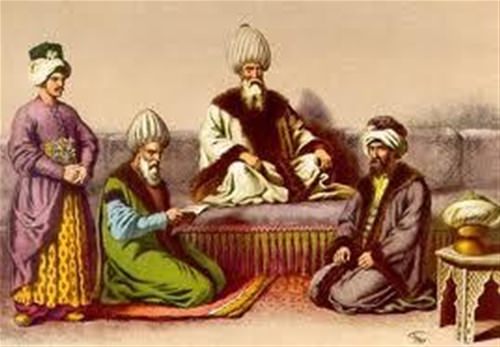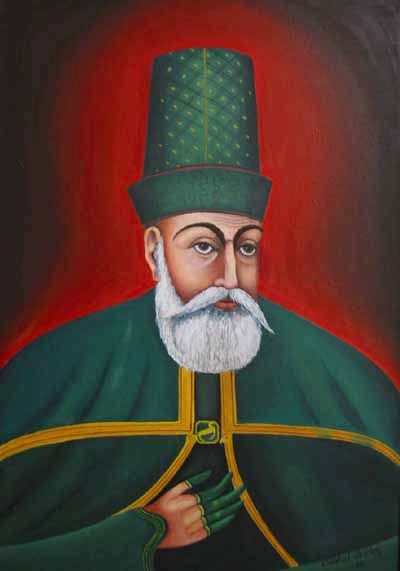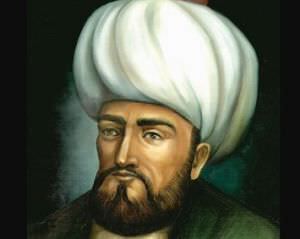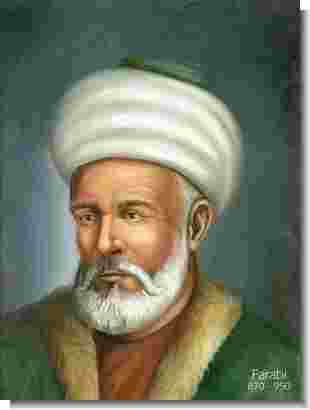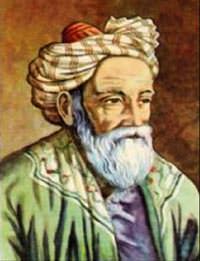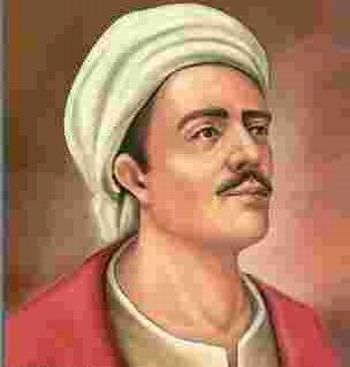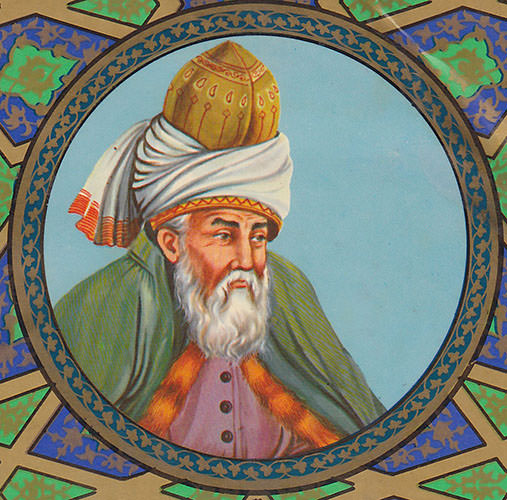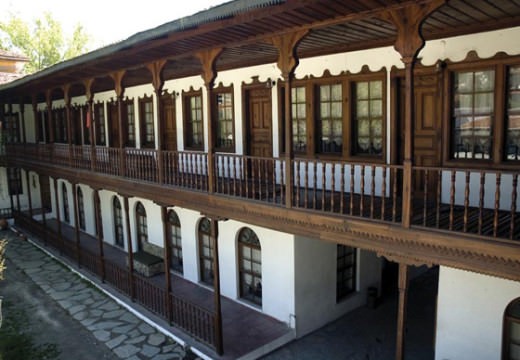Neyzen Teyfik ( 1879 – 1953 )
Neyzen Tevfik was a Turkish poet, satirist, and neyzen (a “ney performer” in Turkish). He was born in Bodrum on March 24, 1879, and died in Istanbul on January 28, 1953. Tevfik learned Persian as a young man, and became a Mevlevi in İzmir. He then moved to Istanbul and continued his Mevlevi practice in …

